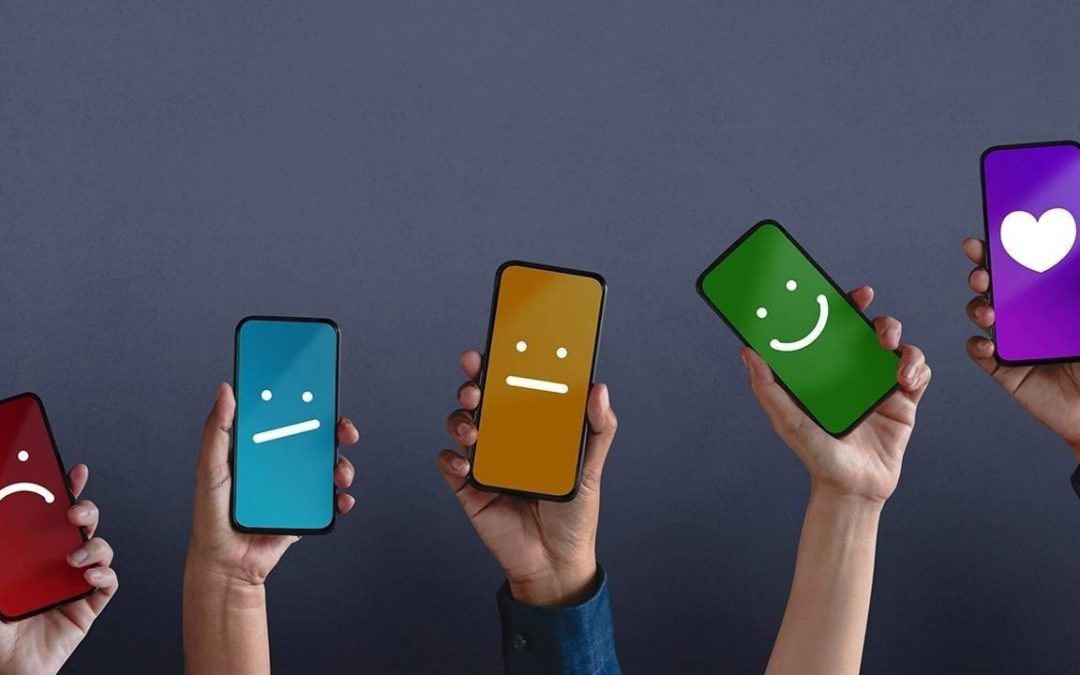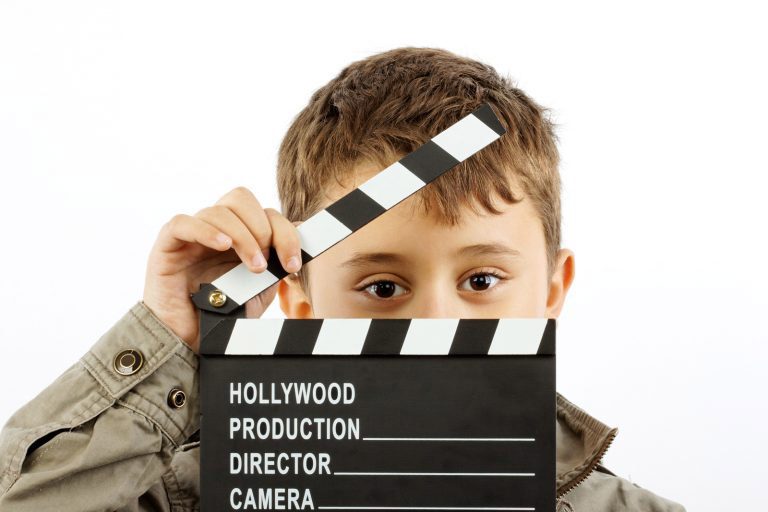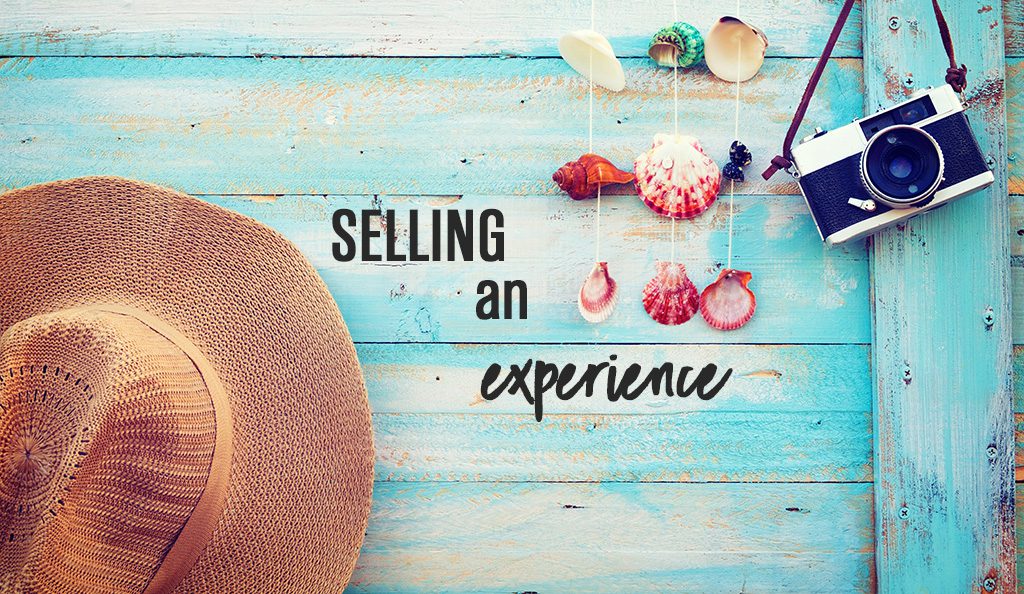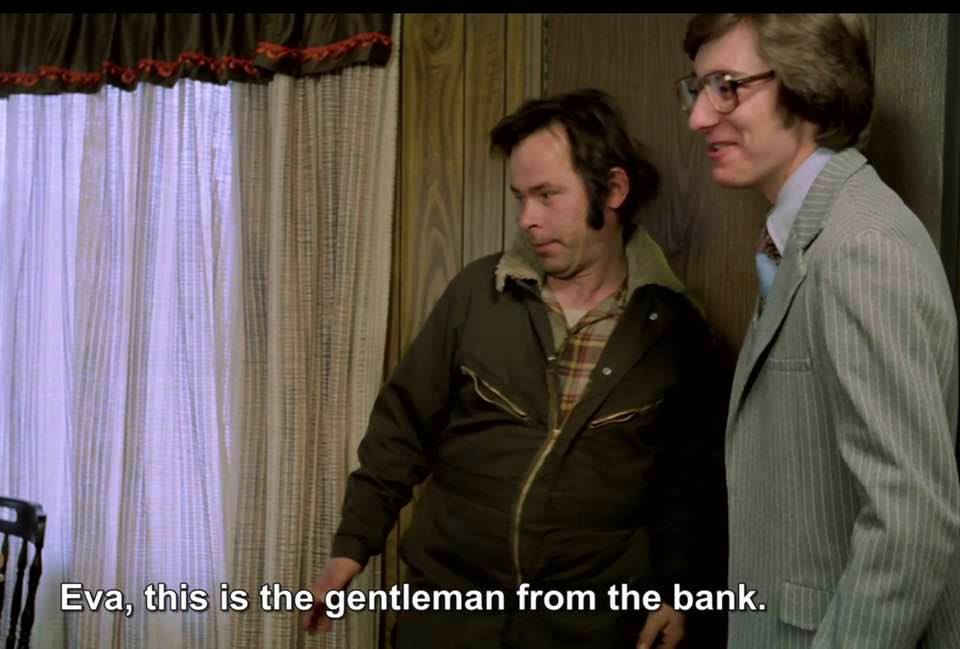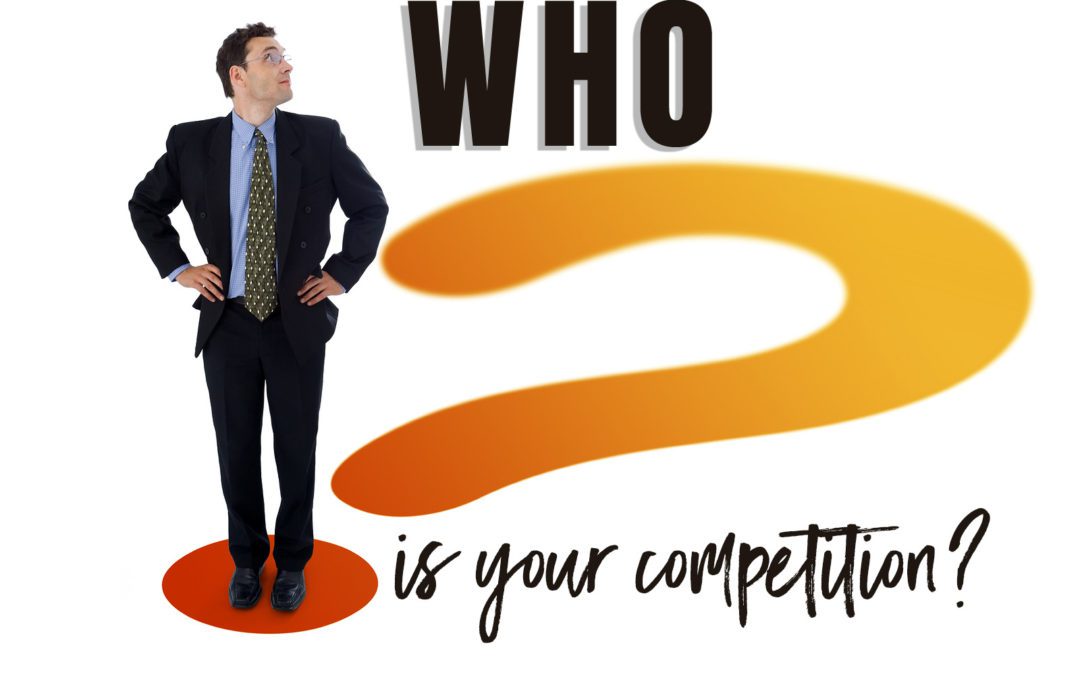
Apr 9, 2021 | Customer Experience, Sales & Retail
The level of customer service — not to mention the even higher standard of the customer experience — is genuinely, consistently pretty awful.
Especially during these challenging times, managers believe they can save X% by cutting back staff and reducing service. Guess what happens? Customers go someplace else…
But, here’s the rub: the organization’s leaders then blame the decline in sales on the pandemic economy or the competition. They never say, “We screwed up. We should have been investing in serving you more — instead of cutting overhead and caring less about your repeat business.”
Another element in the level of customer service provided is caused by lazy employees who don’t care. One of the ways that Steve Jobs kept the best employees at Apple is that he wouldn’t tolerate those who weren’t “all in.” If you don’t terminate those who aren’t committed, you will eventually lose those who are.
Sure, I realize you must compensate and treat them right. But your best employees are tired of carrying the load for the slackers. Sooner or later, this discontent will either show up in their performance… or their absence.

Apr 4, 2021 | ALL Business is STILL Show Business, Business Distinction, Customer Experience
To approach your business as “show business” is not to be confused with putting on an act, being overly dramatic, or being fake.
- It’s about differentiating yourself from the competition by understanding your clients in the same way that show business understands their audience.
- It’s about creating specific strategies based on your customer’s distinct preference in order to deliver experiences that are compelling and engaging.
- It’s about taking what we can learn from the entertainment business and leverage that insight into building strong and lasting emotional connections with our clients and colleagues.

Mar 28, 2021 | Business Distinction, Customer Experience, Sales & Retail
The entertainment industry spends more time studying human emotion than it does the most advanced visual effects or new camera angles.
Why?
Because an emotional connection is the most potent and influential connection possible.
To make 1997’s Titanic, it cost a staggering $200 million. (In 1997 dollars!) However, not very many people stepped out of the theatre marveling over the fact that a special Russian submarine was used or every detail on the ship matched the original Titanic down to the doorknob. The audience walked out in a trance, swooning over Jack and Rose’s romance, saddened by the massive loss of life — or enraged that Jack’s death could have been prevented had Rose just shared the door she was floating on!
The fact is people rarely remember the details.
But they will remember how something made them feel.
We have created a culture of customers who demand compelling experiences whenever they do business. Regardless of your industry, what your product or service is, you’re selling an experience.
The more powerful the connection, the greater the success.

Mar 21, 2021 | ALL Business is STILL Show Business, Business Distinction, Customer Experience
Your customer’s measuring stick for efficiency may be entirely different from yours, and if you’re not aligned with your customer’s expectations, then you’re never going to meet their needs. Customer service and customer
experience should not be confused.
Remembering that all business is show business…
You can be creative despite limited resources. “The power of ideas can often compensate for the lack of size.”
Consider the following:
- The 1978 slasher flick Halloween had a $325,000 budget but went on to make $47 million at the box office.
- 2004’s Saw’s budget was only $1.2 million, and yet it earned $103 million.
- Napoleon Dynamite’s budget was only $400,000, and it made an impressive $46 million.
- Who could forget the phenomenon that was The Blair Witch Project that had a $60,000 budget but ultimately earned $140.5 million?
It doesn’t matter how large or well-funded your business is, adopting the show business philosophy can impact your future success in a major way.
You can go a long way with superior creativity when it’s matched with strategic execution.

Jan 30, 2021 | Business Distinction, Customer Experience, Leadership, Personal Distinction
In my book, “Create Distinction,” I write about a phenomenon I called “The Ebert Effect.” It’s based upon a powerful lesson I learned from the famed movie critic, Roger Ebert, who passed away at age 70 after an extraordinarily valiant battle with cancer.
As I relate in the book, Roger asked me how many movies I was viewing in any given week — then, he told me he would watch three to five per DAY. In his wisdom, he commented, “That’s why quirky, offbeat films often receive rave reviews.
When one is overwhelmed with similarity, you begin to perceive that DIFFERENT IS SUPERIOR.
That is the basis of my work on distinction and the customer experience.
We’ve been overwhelmed with similarity, and we — as customers — are bored. We don’t see any meaningful differentiation between competitors in any given marketplace. When something different or even moderately unique comes along, we immediately begin to perceive it as a superior offering because of the effect Roger so eloquently described. It’s “The Ebert Effect.”
When Werner Herzog called me and asked me to play the “bad guy” in his film, “Stroszek,” I was honored beyond description. The only thing that topped that thrill was seeing the extraordinary review my meager attempt at the art form received from Roger Ebert, the reviewer I respected the most.
Then, when he featured the film and my performance in his first book on “Great Films” on his fifty favorite movies of all time, I was astounded… and grateful.
Roger took such delight at being the one who reunited Herzog and me after thirty years at his “Ebertfest” on the campus of the University of Illinois. He couldn’t contain his joy… and was scribbling notes as fast as he could to tell us how much he loved bringing us back together.
“I believe that if, at the end, according to our abilities, we have done something to make others a little happier, and something to make ourselves a little happier, that is about the best we can do.”
~Roger Ebert

Jan 5, 2021 | Business Distinction, Customer Experience, Sales & Retail
Take just a moment…right now…and write down the names of your two biggest competitors.
My guess is that if I could look at your list, I would see that you’ve listed other players in your specific industry. You have just proven that we stereotypically define our competitors — and that holds the potential of causing us great harm in the future.
As I was doing the background research for one of my earlier books, I found that what customers really wanted did not vary much from industry to industry. The reason is because customers blend ALL of their experiences — both personal and professional — as their criteria for evaluating YOUR level of performance.
This means that your competition, regarding how customers view the level of service and engagement you’ve created with them, is NOT limited to your specific industry. Your competition is the service they received the time they stayed at a Four Seasons…the shopping experience they have at Nordstrom or Neiman Marcus…the quality of the BMW they took for a test drive.
Not understanding your competition can be horrifically damaging. Folger’s thought its competition was Chase & Sanborn and missed out on what Starbucks created. Nokia thought its competition was Motorola and missed out on how Apple changed the industry.
I recently asked a group of executives this question: “If you were going to create a start-up company to compete with you…what would it look like?”
As you can imagine, there were many terrific ideas.
Then, I asked them, “So why aren’t you doing these outstanding points?”
You can guess the answers: “We’ve never done it that way before.” “Our competition isn’t doing it, so why should we?” And on and on.
The good news is…they decided to try.
And so should you.
To become more distinctive and stand out, change how you view your competition.
